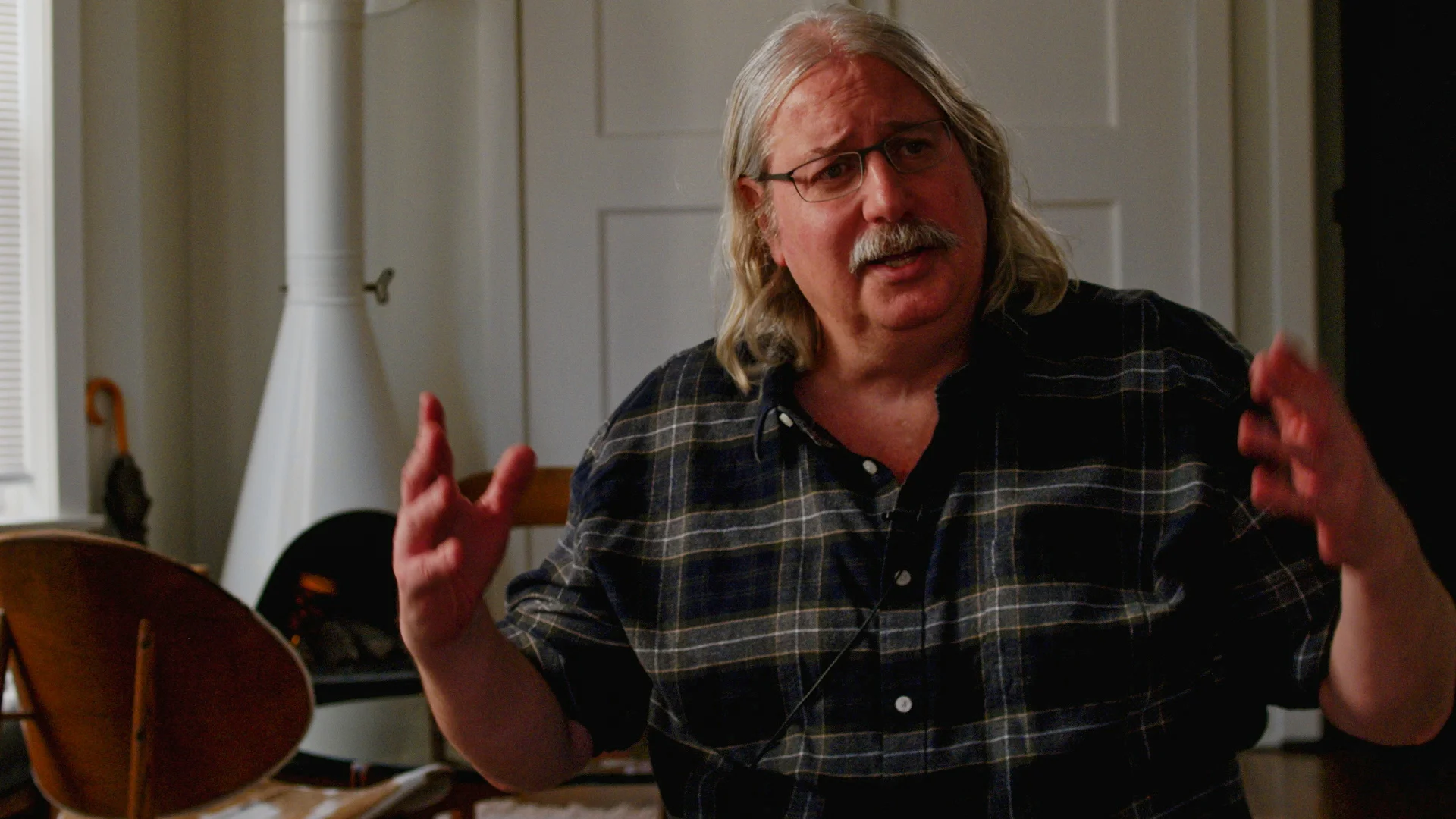
James Conant
April 22 2018
James Conant talks about his wide-ranging work in philosophy. He begins by considering the unity of the discipline and the relation in which contemporary philosophy stands to the history of philosophy. He argues that we need to take the history of philosophy seriously when weighing in on contemporary debates. Conant explains how the history of skepticism is a prime example of this and how this history can bring together a range of problems from a range of philosophical areas and eras that can otherwise seem unrelated. He starts with what he calls the 'Cartesian form' of skepticism, describing its core features and the ways in which they manifest themselves as problems in different areas of philosophy. He then does the same with what he calls the 'Kantian form' of skepticism and further shows how the Cartesian form ultimately slides into the Kantian one. This, Conant argues, leads to distinctive kind of philosophical intolerabilty that he calls a 'boggle'. Boggles, he argues, can be gotten out of once the supporting assumptions they all share are recognized as such. For getting us to this point, he thinks, certain historical views are indispensable since they do not allow these forms of skepticism to get a grip on them in the first place. In the last part of the interview, Conant discusses the relation in which these forms of skepticism stand to certain conceptions of rationality, which take a common form. He argues that the issues that arise with such conceptions can be resolved by shifting to what he calls a 'transformative' conception of rationality. James Conant is Chester D. Tripp Professor of Humanities at the University of Chicago and Alexander von Humboldt Professor at the University of Leipzig.